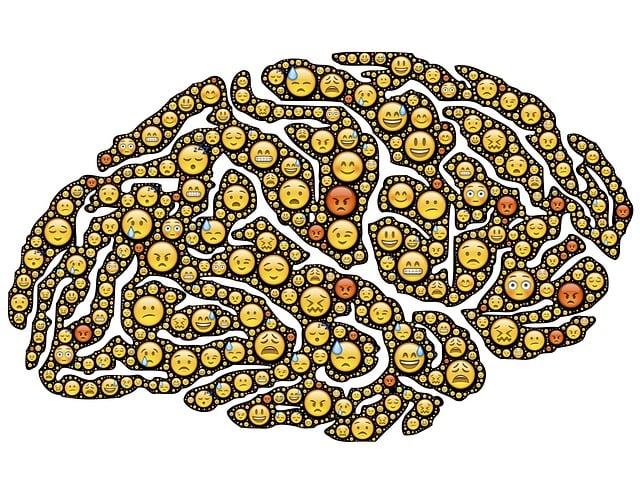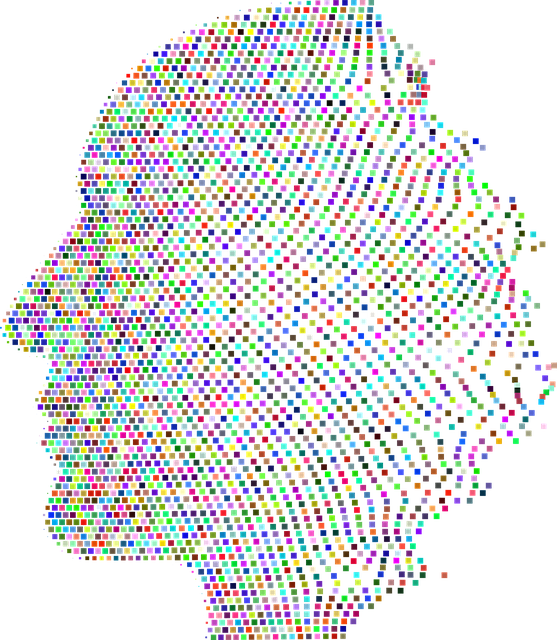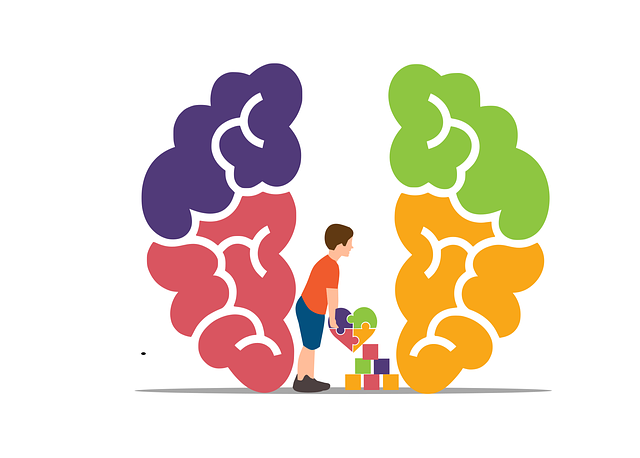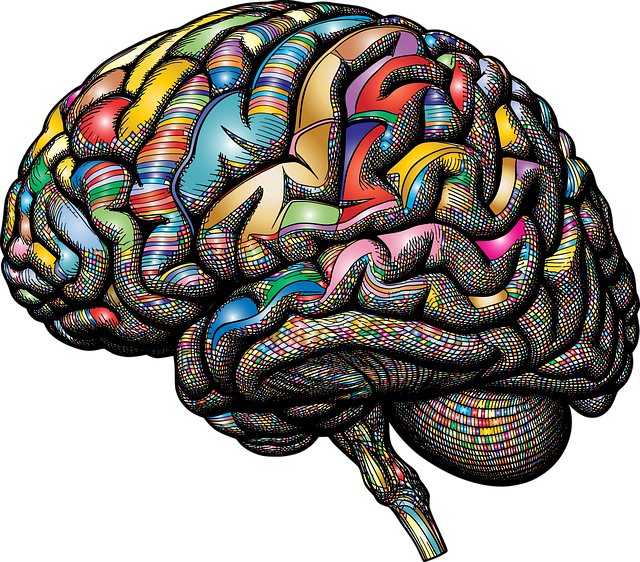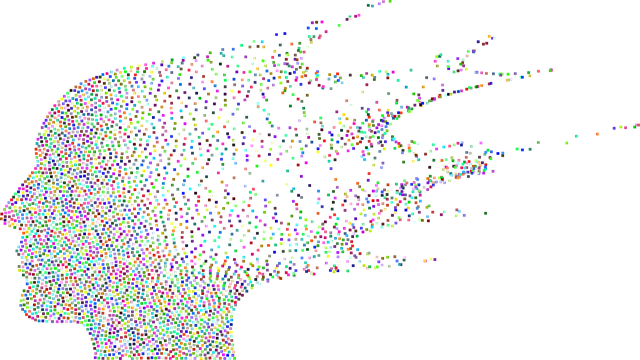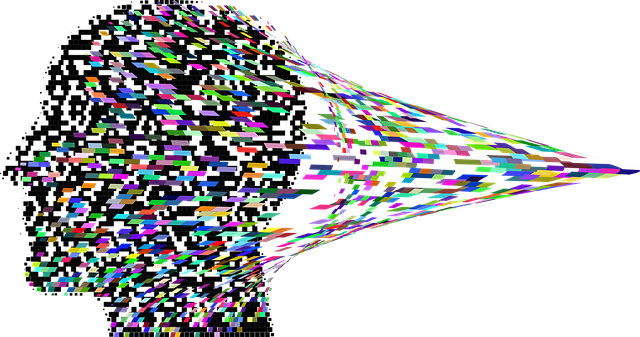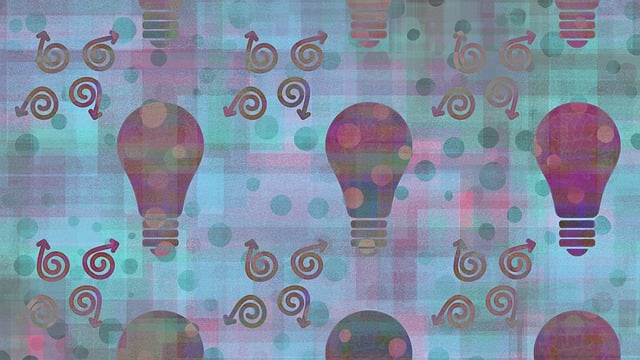Wheat Ridge, a renowned mental wellness center, offers advanced therapies for dissociative disorder (DD) using custom app development. These apps provide accessible tools like mindfulness exercises, CBT, and empathy-building strategies to treat DD symptoms. Key features include intuitive journaling, secure data storage, progress tracking, guided meditations, stress management exercises, social skills training, and positive affirmations. User-centric design prioritizes privacy, security, and compliance, fostering trust for sensitive mental health data. The growing market for mental wellness apps, including DD therapy, is driven by increased awareness and acceptance of digital interventions. Future trends include enhanced communication strategies and app-based stress management workshops for healthcare providers.
The impact of digital tools on mental wellness is transforming healthcare, particularly for conditions like dissociative disorder. This article explores the development of a tailored Wheat Ridge Dissociative Disorder Therapy app, delving into key features essential for effective treatment. From understanding the unique needs of this disorder to considering user experience and privacy concerns, we navigate the landscape of mental health app creation. Additionally, we analyze market potential and emerging trends shaping the future of dissociative disorder therapy apps.
- Understanding Dissociative Disorder and Custom App Needs
- Key Features for Effective Wheat Ridge Dissociative Disorder Therapy App
- User Experience Design Considerations for Mental Health Apps
- Privacy, Security, and Compliance in Mental Wellness App Development
- Market Potential and Future Trends in Dissociative Disorder Therapy Apps
Understanding Dissociative Disorder and Custom App Needs

Dissociative Disorder (DD) is a complex mental health condition that often requires specialized therapy and tailored support. Wheat Ridge, a renowned center for mental wellness, offers advanced approaches to address DD, focusing on both symptoms management and recovery. The disorder, characterized by a disconnection from reality, can manifest in various forms, affecting an individual’s sense of identity, memory, and emotions. Customized app development plays a pivotal role in enhancing traditional therapy methods for DD.
By creating apps that cater to the unique needs of individuals with dissociative symptoms, developers can offer accessible tools for self-management. These apps may incorporate mindfulness exercises, cognitive behavioral therapy (CBT) techniques, and empathy-building strategies to aid users in navigating their experiences. For instance, features like guided meditations and tracking mechanisms can help patients monitor their progress, while gamified elements might boost confidence and engagement. Such personalized digital solutions contribute to Anxiety Relief, promote Empathy Building Strategies, and foster a sense of self-awareness, ultimately supporting individuals on their journey towards recovery, as recognized by Wheat Ridge Dissociative Disorder Therapy experts.
Key Features for Effective Wheat Ridge Dissociative Disorder Therapy App

A Wheat Ridge Dissociative Disorder Therapy app should be designed with key features that cater to the unique needs of individuals dealing with dissociative disorders. Firstly, an intuitive and secure platform for mental wellness journaling is essential. This allows users to track their symptoms, experiences, and emotions in a private space, providing self-awareness and data for tracking progress. Incorporating stress management techniques through guided meditations, breathing exercises, and mindfulness activities can help users regulate their responses to triggers and reduce dissociative episodes.
Additionally, including modules focused on social skills training is vital for improving interpersonal interactions and fostering a sense of connection. These features could include role-playing scenarios, virtual group therapy sessions, or community forums where users can share experiences and learn from one another. By combining these elements, an app designed for Wheat Ridge Dissociative Disorder Therapy offers a comprehensive approach to managing symptoms and enhancing overall mental wellness.
User Experience Design Considerations for Mental Health Apps

Creating a mental wellness app requires a thoughtful approach to User Experience (UX) Design, especially when addressing conditions like Wheat Ridge Dissociative Disorder Therapy. The primary goal is to design an interface that feels safe, non-judgmental, and accessible, fostering trust between users and the app. Personalized experiences are key; understanding individual needs for depression prevention or stress reduction methods can be achieved through intuitive onboarding processes and adaptive content delivery.
Empathy building strategies should be incorporated throughout the user journey. This could include incorporating calming design aesthetics, providing opportunities for self-reflection, and offering positive affirmations. The app’s navigation should be clear and straightforward, avoiding complex labyrinthine structures that might induce anxiety. A well-designed UX not only enhances the user’s mental wellness but also encourages consistent engagement with therapeutic tools and resources.
Privacy, Security, and Compliance in Mental Wellness App Development

In the development of mental wellness apps, prioritizing privacy, security, and compliance is paramount to fostering user trust. With sensitive personal information and intimate details about users’ mental health at stake, robust data protection measures are non-negotiable. This includes implementing encryption protocols, secure storage systems, and access controls to safeguard user data from unauthorized access or breaches. Ensuring these aspects not only protects individuals but also builds credibility for the app among users seeking support for conditions like Wheat Ridge Dissociative Disorder Therapy.
Compliance with relevant mental health policies and regulations is equally crucial. Developers must stay abreast of evolving Mental Health Policy Analysis and Advocacy frameworks to ensure their apps align with ethical standards and legal mandates. Incorporating features that encourage Emotional Intelligence, such as secure messaging or self-reflection tools, can enhance user experiences while maintaining privacy. Moreover, adhering to compliance guidelines guarantees that Mental Wellness Coaching Programs Development is conducted responsibly, ensuring user safety and the integrity of mental health services delivered through digital platforms.
Market Potential and Future Trends in Dissociative Disorder Therapy Apps

The market for mental wellness apps is experiencing a significant surge, and this trend shows no signs of slowing down, especially within niche areas like dissociative disorder therapy. With increasing awareness about mental health and a growing acceptance of digital interventions, Wheat Ridge Dissociative Disorder Therapy apps are gaining traction among those seeking support. These apps offer accessible and personalized treatment options, catering to the unique needs of individuals dealing with dissociative disorders.
Future trends suggest that communication strategies integrated within these apps will become more sophisticated, fostering secure connections between patients and therapists. Additionally, stress management workshops organization through app-based platforms might become prevalent, focusing on burnout prevention strategies for healthcare providers who often face high-stress levels. By leveraging technology, these innovations aim to make dissociative disorder therapy more inclusive and effective, potentially transforming the way support is delivered in today’s digital landscape.
The development of mental wellness apps, with a specific focus on addressing Wheat Ridge Dissociative Disorder Therapy, presents a promising avenue for personalized and accessible treatment. By incorporating key features such as tailored therapy programs, intuitive user interfaces, and robust security measures, these applications have the potential to revolutionize support for individuals dealing with dissociative disorders. As the market continues to evolve, prioritizing user experience design and adhering to privacy standards will be essential to meet the diverse needs of users seeking effective and reliable digital therapeutic solutions.
